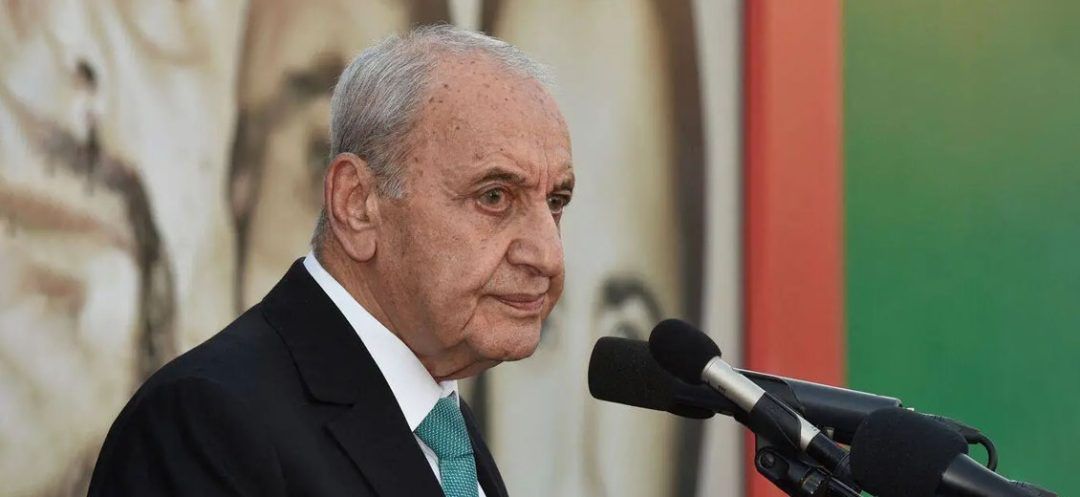
Parliament Speaker Nabih Berri now bears the burden of the crisis alone.
In the absence of a president, and with a non-executive government that is not meeting due to the absence of ministers from the Free Patriotic Movement, the international community has no one to negotiate with except for Berri.
Although Caretaker Prime Minister Najib Mikati did what he could in coordination with Berri to facilitate some international communications, these efforts have been futile.
However, Berri’s importance in this context goes beyond being the only constitutional authority in Lebanon. He is the sole representative of the Shiite community in Lebanon after the assassination of Hezbollah's Secretary-General, Hassan Nasrallah, in the recent Israeli airstrike. The formation is unable to appoint new leadership due to the fear of Israeli assassinations and constant threats.
Thus, Berri has become both the problem and the solution for the international community and for Lebanon itself. He is the one maintaining a degree of stability in the Shiite arena, the guarantor for the return of the southerners to their areas, and the political contact for foreign officials seeking to restore stability in Lebanon and negotiate a ceasefire, even if the Israeli side has not accepted it. This image of Berri's central role has been reflected in two recent actions he has taken.
The first was his request to meet with Army Commander General Joseph Aoun in Ain al-Tineh, signaling to the international community that he is willing to allow the army to enter the south and comb the area south of the Litani River, providing guarantees for northern Israel and attempting to halt Israel's relentless assault on southern regions.
The second important step, also filled with significant implications, was Mikati's statement after meeting with Berri in Ain al-Tineh. Mikati said that the Speaker of Parliament would call for a session to elect a non-provocative president, one that poses no challenge to anyone, once a ceasefire is achieved.
What is Berri conveying to the international community through this action? Firstly, that the Shiite tandem (Hezbollah and Amal) has abandoned the option of Sleiman Frangieh as a presidential candidate and is no longer insisting on a partisan president. His meeting with the army commander also suggests that he is open to a figure of Aoun’s stature, if not to the army commander himself, becoming the president.
The presidential election would not have been feasible without this crack in the crisis, and it was clear that one side needed to give way for the presidential process to proceed. This may not happen quickly given the ongoing Israeli threats, but it is at least a step towards restoring the authority of constitutional institutions. Achieving even a minimum level of stability is necessary to emerge from the crisis and find a viable figure capable of negotiating with regional and international forces to cease fire and halt Israeli warfare.
Therefore, we are heading towards new truce negotiations, as if we were back in 1948, and Israel will forcibly impose the demarcation of the southern borders, including Shebaa Farms and the Kfarchouba hills. Lebanon will be faced with a southern truce enforced by strength, after the Resistance's determination to confront it has been eroded over the course of its 40-year journey.
History is shifting, and here is Nabih Berri, as he was in 2000, 2006, 2008, and even in 2016, at the heart of the equation to complete the due processes. He knows that the moderation he represents is the key to solutions and that he alone can convince all parties, including his adversaries from the Lebanese Forces to the Free Patriotic Movement and the hardliners of March 14 from Sunnis, Druze and Christians, to reach a settlement that ensures Lebanon’s survival.
Read more



Comments